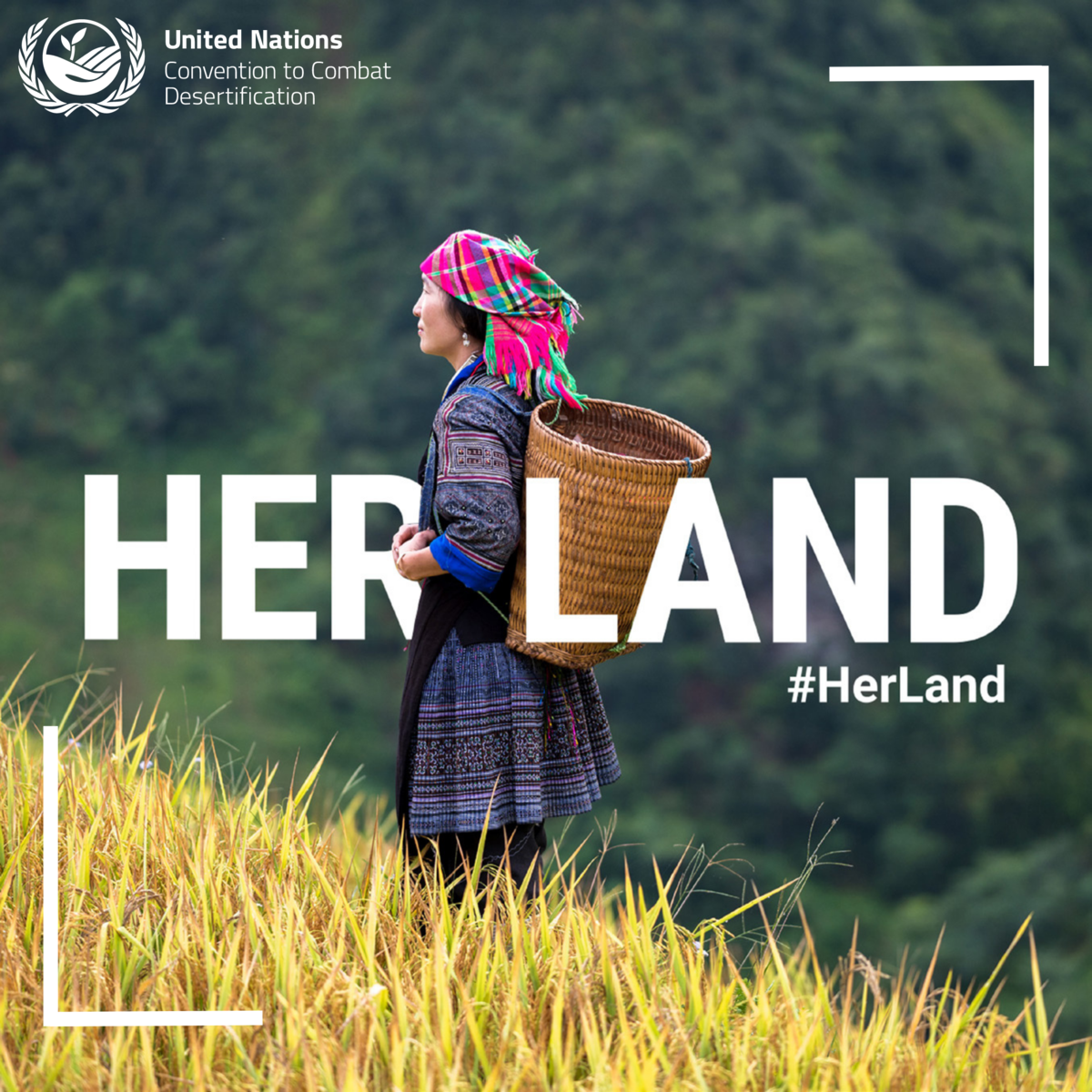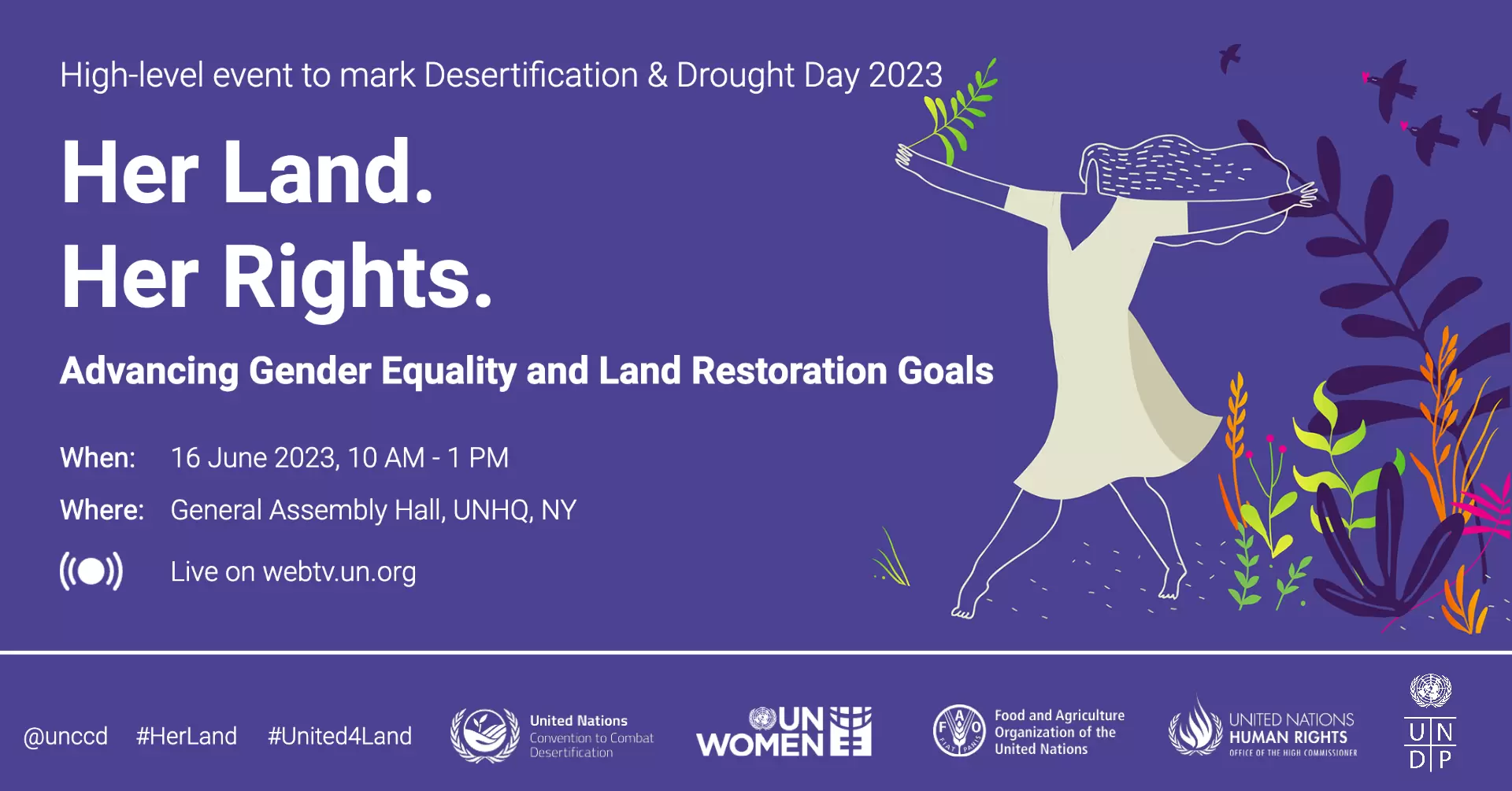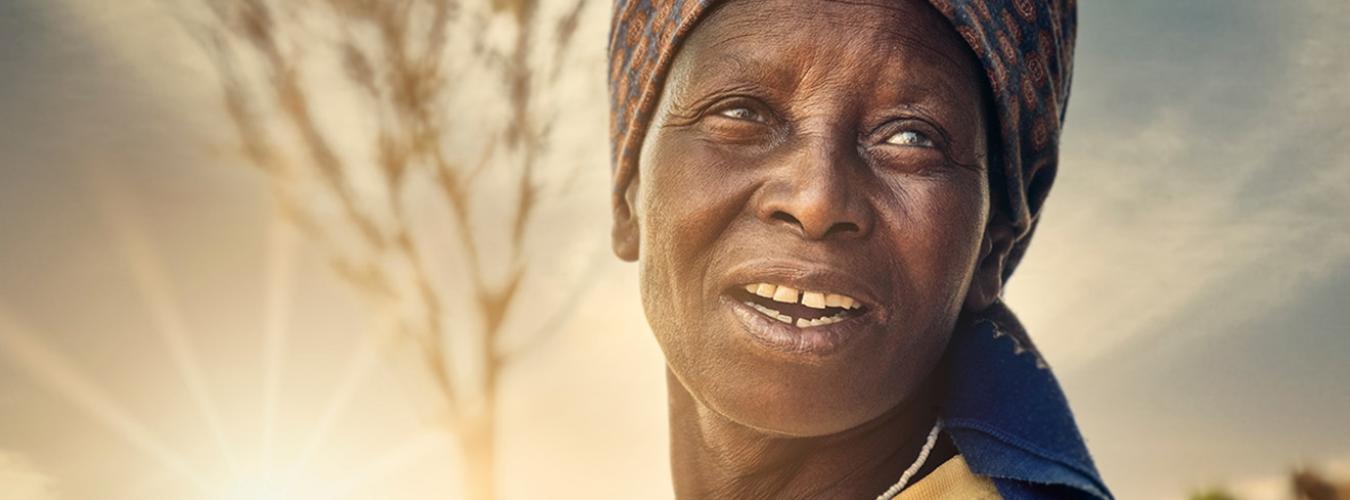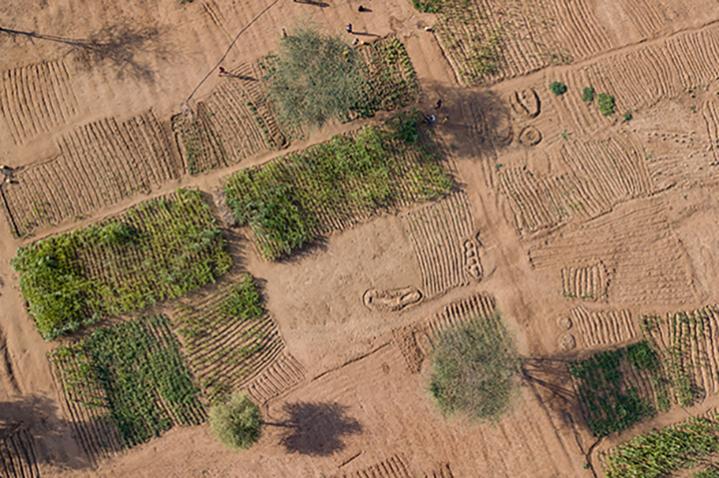Her land. Her rights.
Droughts are among the greatest threats to sustainable development, especially in developing countries, but increasingly so in developed nations too. In fact, forecasts estimate that by 2050 droughts may affect over three-quarters of the world’s population.
The number and duration of droughts has increased by 29 percent since 2000, as compared to the two previous decades (WMO 2021). When more than 2.3 billion people already face water stress, this is a huge problem.
Women hold a vital stake in the health of the land, yet they often don't have control over it.
In all parts of the world, women face significant barriers in securing land rights, limiting their ability to thrive and prosper.
In many regions, they remain subject to discriminatory laws and practices that impede their right to inherit and access to services and resources.
And when land becomes degraded and water is scarce, women are often the worst affected.
This year, the theme of the International Day Against Desertification, and Drought "Her land. Her rights", emphasizes that investing in women’s equal access to land and associated assets is a direct investment in their future and the future of humanity. It's time for women and girls to be at the forefront of global land restoration and drought resilience efforts.

Download the logo and other digital materials
Access the campaign and our material to spread the message. You will find the logo of the International Day in several languages, as well as posters, banners, videos and other content to share thanks to the UN Convention to Combat Desertification, organism that leads this UN Observance.
Did you know?
- Today, nearly half of the global agricultural workforce is female – yet less than one in five landholders worldwide are women.
- Women’s rights to inherit their husband’s property continue to be denied in over 100 countries under customary, religious, or traditional laws and practices.
- Globally, women already spend a collective 200 million hours every day collecting water. In some countries, a single trip to fetch water can take over an hour.
UN Event

Friday, 16 June 2023, 10:00 a.m. - 1:00 p.m.
Her land, her rights
The global observance event, titled “Her Land. Her Rights: Advancing Gender Equality and Land Restoration Goals,” will convene high-level policymakers, women leaders, renowned scientists, land activists, and youth representatives to discuss actions needed to advance women’s land rights. The event will be streamed live on UN Web TV.




